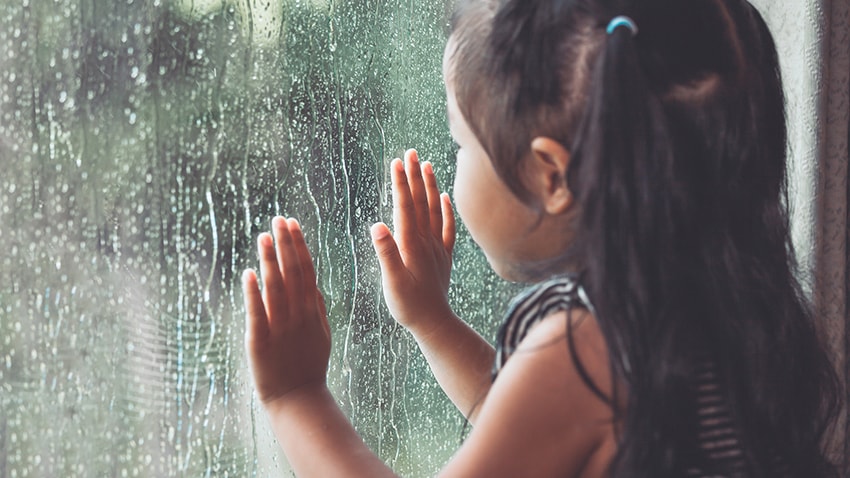Children may react in different ways to their parents’ separation or divorce, and although their response depends on many factors, there are two that are very important: the age of the child and the degree of conflict that exists between the parents. it is inevitable that this period will be very stressful for children.
The separation of parents causes a great surprise in children and, in general, they experience many feelings that adults suffer for a long time, feel surprised and confused by the separation, so children often feel anxious and insecure about the situation.
- Some children may feel guilty.
- Others may feel very angry with their parents or try to blame one of them.
- So it is important to understand the drama they suffer and take into account their feelings.
- After all it is better for the family unit to separate amicably.
- So that the child can live in a happier and less stressful environment.
Children don’t always communicate with words and can express themselves through behavior; some become more secretive, preferring not to talk about the situation or their parents; younger people, on the other hand, become more needy with the person they went to live with, for fear of losing him too.
Some children may resort to their behavior, speak with a child’s tongue, or not control their bladder; they can have nightmares, be rebellious, aggressive, even with their parents, and hard to handle from time to time. For these and other reasons, the help of a professional may be necessary.
At this stage, children are highly dependent on their parents, both physically and emotionally, and prolonged separation results in intense emotional distress. In this age group, children are concerned about the absent parent, with whom they need frequent periods of contact to continue their lives. Relationship.
A conflict between parents and moving out of the house can cause very serious stress for a child this age and, to help solve the problem, the parent living with the child can post family photos throughout the house, play games, or create a special gift. for your child.
At this age, children begin to become a little more independent of their parents, but separation can lead to major crises in their lives, which can cause shocks or even depression, changes in sleep patterns, hygiene habits, and impaired language skills. .
At this age, children perceive the world through different thought processes, fantasize about what they don’t understand, and are inclined to do things from episodes of their own experience; on the other hand, they are very sensitive to their parents’ criticism because they feel critical of themselves.
At this age, the child begins to be able to talk about his thoughts, because he has an intense desire to re-establish the relationship between his parents and wants to spend most of his time with them, behavioral problems can arise and she may have difficulty expressing her concerns, making it difficult to understand some of her attitudes.
At this point, children can talk about their feelings and experience a conflict of loyalty with their parents, because it is at this age that they begin to know the world outside the family circle and participate in other activities.
Teenagers are increasingly independent of their parents and need time and space to cope with their separation. If you press it, they will react with anger and rejection. In addition, they need flexibility when participating in school and social activities.
Image credits: Sidi Guariach

